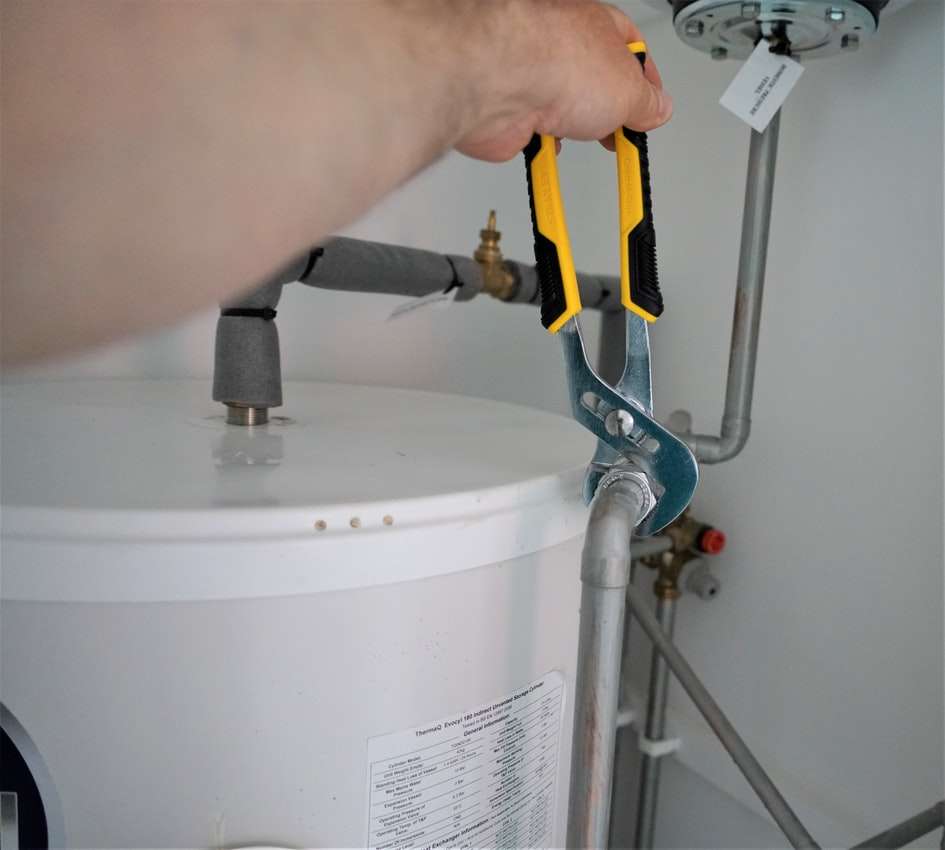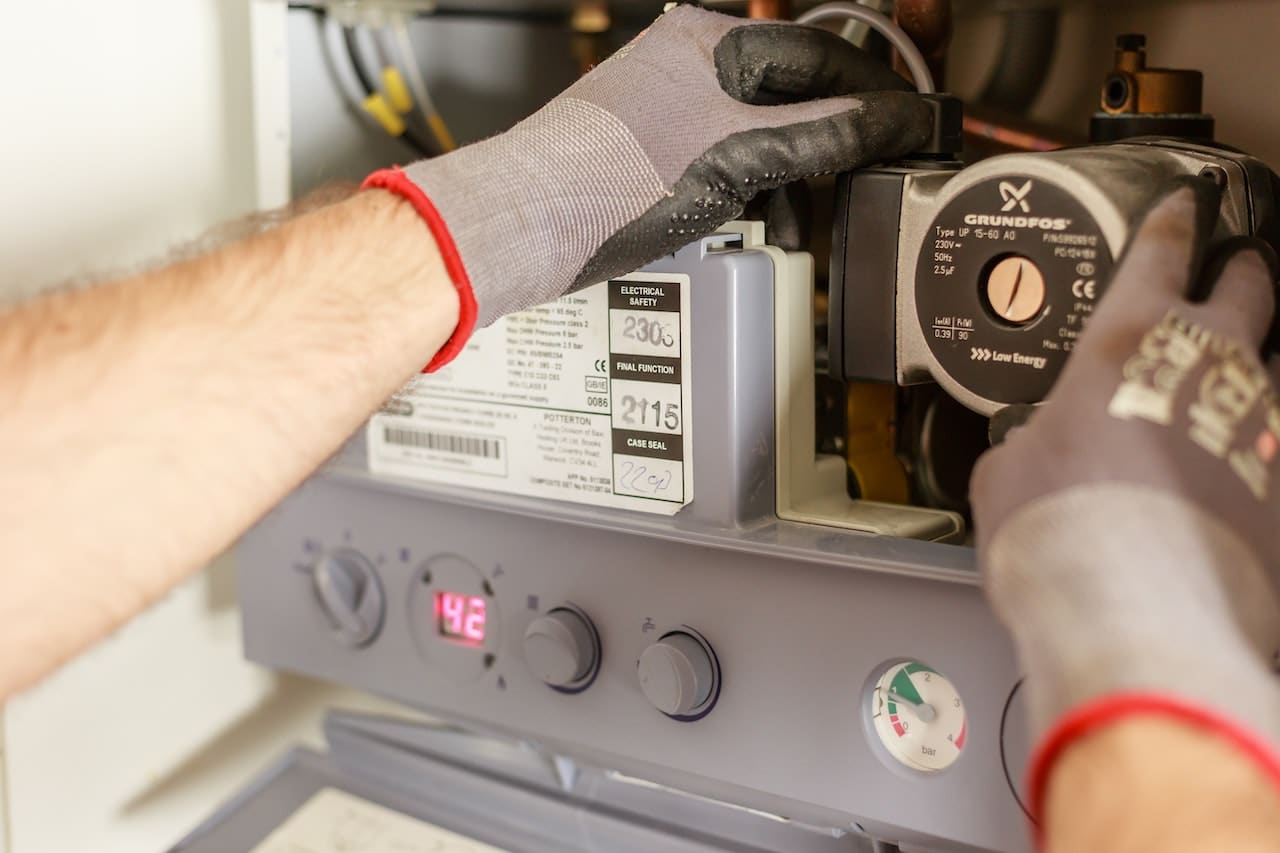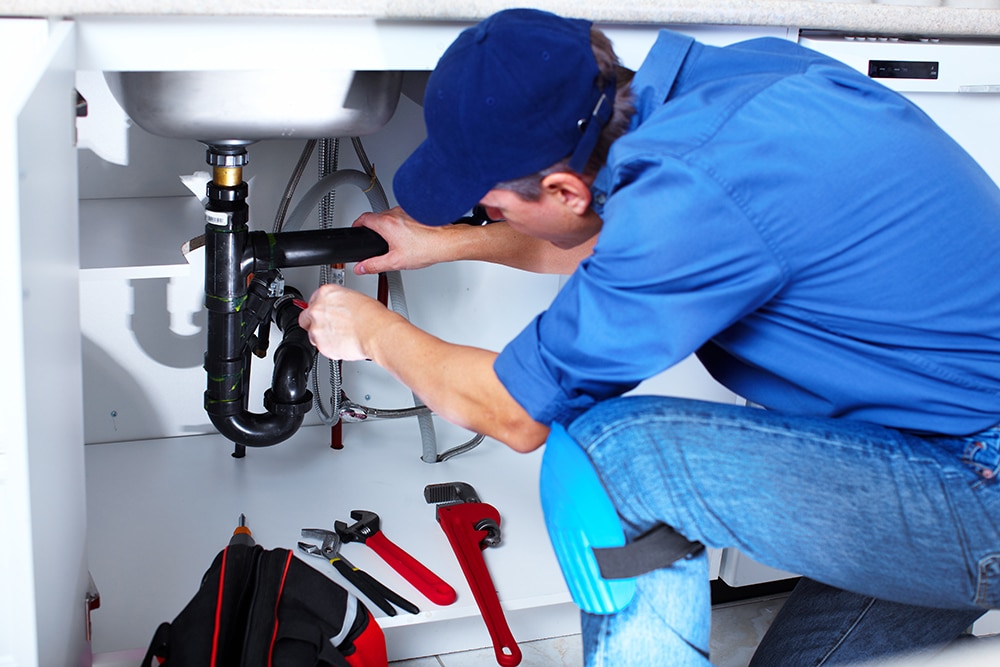Buying a home is a long process, and many homeowners tend to lean on previously occupied properties, meaning old ones. No matter how beautiful it may be, an old home’s commodities most likely have had significant problems in the past. One great example of this is the plumbing system.
Plumbing systems are just as essential to any other home commodity because it’s what brings water to your home. If you don’t inspect the property’s plumbing before moving in, it will be a nuisance because it must be fixed beforehand. Additionally, the costs for repair can be costly, depending on the damage. That just won’t do, especially if you’re already on a tight budget.
In this article, we’ll be discussing some of the most common plumbing problems that are often found in old homes. Read on below to learn more.
Bad Repairs
Old homes are notorious for having bad repairs. In some cases, the “repairs” in question may have been done by amateur plumbers or even homeowners who tried to fix problems without proper knowledge.
Plumbing repairs are often dangerous apart from being expensive. Hence, you must not do anything about it, especially if you have no prior knowledge of plumbing repair.
Damaged Fixtures and Connections
It’s no secret that plumbing fixtures and line connections are susceptible to corrosion. However, it becomes a problem if they’re not fixed or replaced because they can cause leaks, restricted water flow, and broken knobs that are costly to repair when they break.
Outdated Materials in Plumbing
Homes built before the 90s are most likely to have a plumbing system that uses materials that aren’t recommended by plumbers today. Some of these materials are even banned for use in homes.
Pipes are often looked at in this regard. The three materials of pipes that are considered outdated are the following:
- Lead pipes
- Galvanized pipes
- Polybutylene
Lead pipes were extensively used in homes before blasting furnaces capable of casting the iron were invented. Lead is highly toxic to humans, which is why lead pipes must be replaced immediately if there are any found in a home.
On the other hand, galvanized pipes are made out of iron and coated with zinc. Over time, the pipe erodes, which causes it to rust. This creates a blockage, which in turn leads to corrosion. It’s even more toxic because rust can mix in with running water.
Polybutylene pipes are made of a plastic resin that was way cheaper than its predecessor: the copper pipes. When mixed with the pipe’s plastic, the oxidants in the water create a chemical reaction that causes the line to break down.
Pipe Bellies
Pipe bellies are more commonly known as sags, and they happen in the pipes underneath a house. Sags are caused by the gradual shift of homes over time. Eventually, the shifting creates a negative slope in the pipes, forming a belly when restricted water movement. The restriction often results in leaks and blockages.
Sewer Line Fails
For old homes with cast iron pipes, sewer line failures are commonplace. While cast-iron pipes aren’t generally frowned upon by professionals, it’s still recommended that you get them replaced.
It’s going to cost you, but safety is a priority. However, it’s also important to note that the piping doesn’t just cause sewer line failures. Other causes could include any of the following:
- Sewer backups
- Slow draining
- Mold build-up
- Indentations on your lawn
- Septic waste gathering in your yard
- Cracks in the home’s foundation
- Pests, such as bugs and rodents
Conclusion
If you experience or see any of the following plumbing problems, your best course of action would be to call in a professional plumber. They will be the ones to solve all of the issues in your plumbing because they’re well equipped with the knowledge and tools to do so.
Plumbing problems have no schedule, and they can happen anytime. Candu Plumbing and Rooter has 24-hour plumbers in Thousand Oaks that work around the clock should the need arise. If you get a plumbing problem that must be fixed immediately, you can guarantee that we’ll be at your doorstep at a moment’s notice. Contact us today to learn more!



